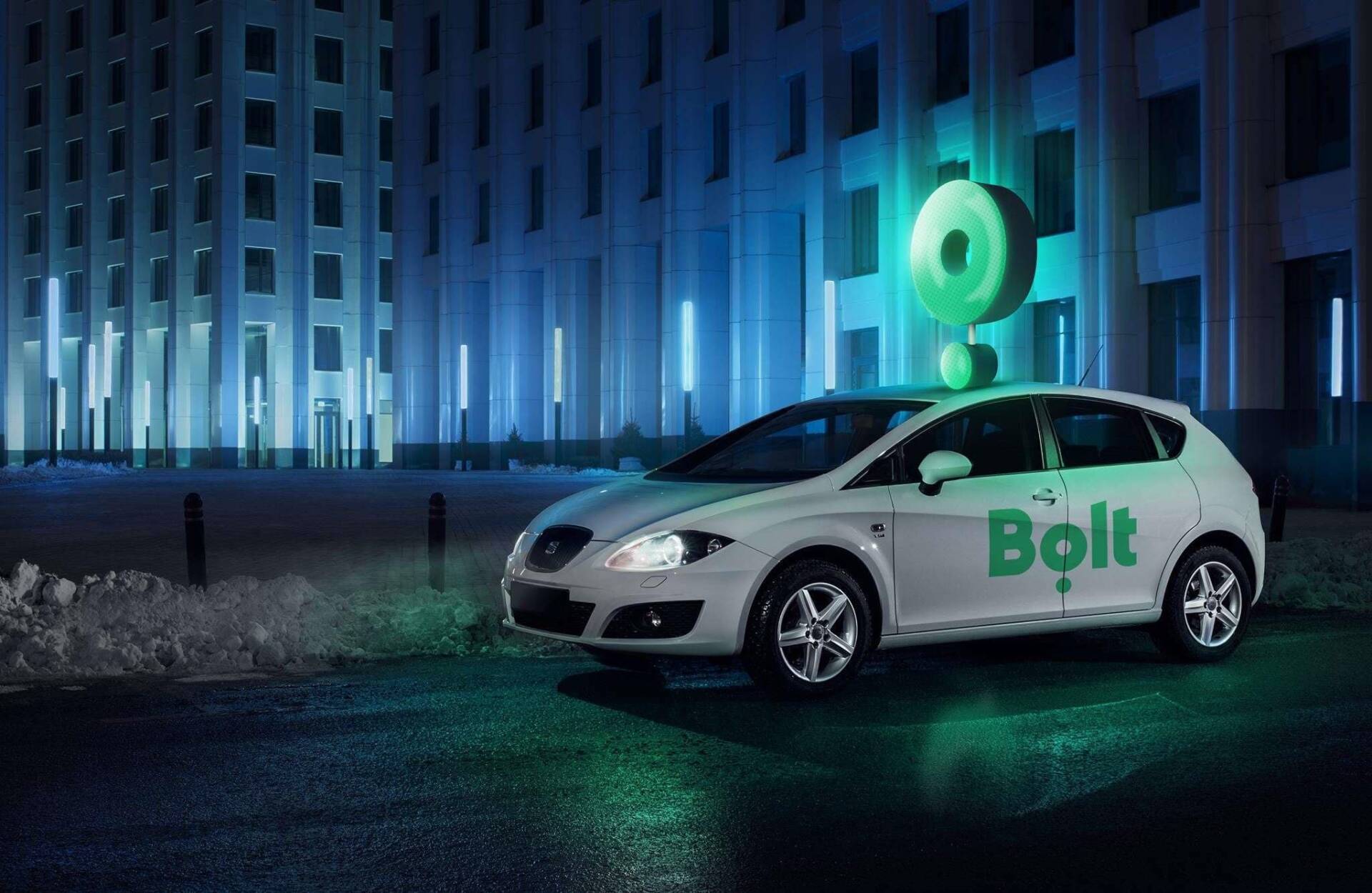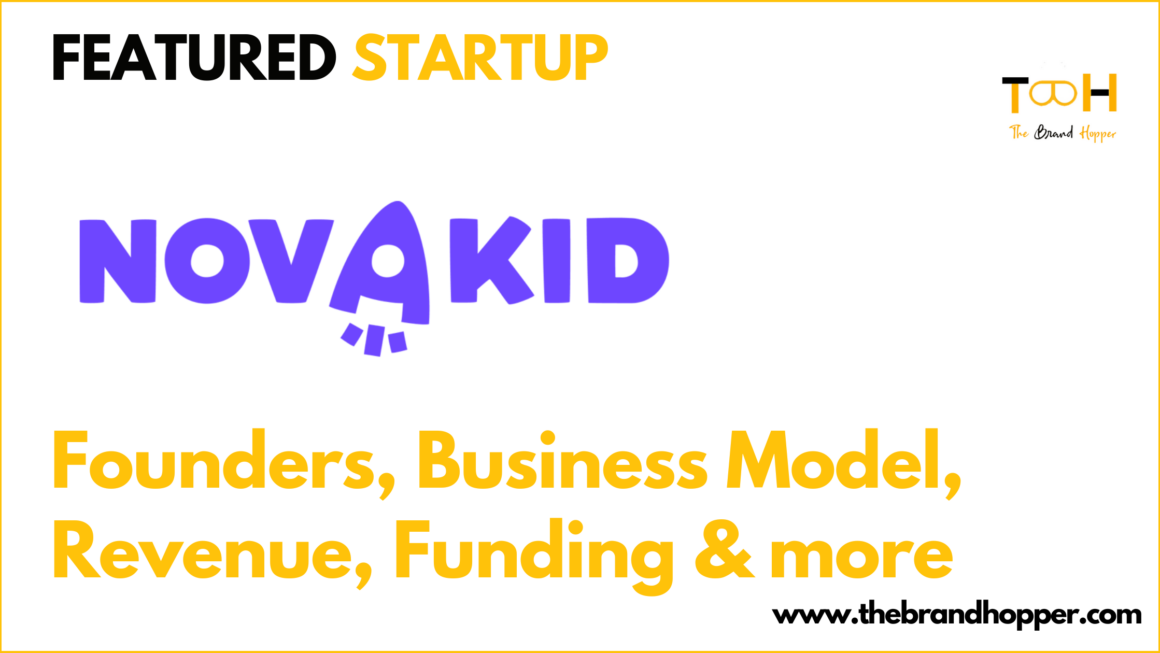Bolt is a mobility company that offers ride-hailing, micromobility rental, food and grocery delivery, and car-sharing services. The company was founded in 2013 by Markus Villig, then a 19 year-old high-school student. Bolt is headquartered in Tallinn, Estonia and operates in over 450 cities in more than 45 countries in Europe, Africa, Western Asia and Latin America. The company has more than 100 million customers globally and more than 3 million partners use Bolt’s platforms to offer rides and deliveries to customers.
Ride-hailing
Bolt offers a ride-hailing service that competes with Uber and Lyft. The company’s drivers use their own vehicles to provide rides to customers. Bolt’s prices are typically lower than Uber and Lyft, and the company offers a number of features that make it more convenient for customers, such as the ability to pay with cash or a credit card.
Micromobility rental
Bolt offers a micromobility rental service that allows customers to rent electric scooters and bicycles. The company’s scooters and bicycles are available in over 200 cities, and Bolt offers a number of features that make it more convenient for customers, such as the ability to unlock scooters and bicycles with a smartphone app.
Food and grocery delivery
Bolt offers a food and grocery delivery service that allows customers to order food and groceries from local restaurants and stores. The company’s delivery drivers use their own vehicles to deliver food and groceries to customers. Bolt’s prices are typically lower than traditional food delivery services, and the company offers a number of features that make it more convenient for customers, such as the ability to track the progress of their delivery in real time.
Car-sharing
Bolt offers a car-sharing service that allows customers to rent cars by the hour or day. The company’s cars are available in over 100 cities, and Bolt offers a number of features that make it more convenient for customers, such as the ability to unlock cars with a smartphone app.
Bolt’s mission is to make urban transportation more affordable, convenient, and sustainable. The company is committed to providing its customers with a safe, reliable, and environmentally friendly transportation option. Bolt is also committed to working with cities to develop sustainable transportation solutions.
Bolt has been praised for its innovative approach to transportation. The company has been named one of the most innovative companies in the world by Fast Company and Forbes. Bolt has also been awarded the World Economic Forum’s Technology Pioneer award.
Bolt is a rapidly growing company. The company has raised over $1 billion in funding and is expanding into new markets every month. Bolt is well-positioned to continue to grow and become a leading transportation company in the years to come.
Founders and Founding Story of Bolt
Bolt has revolutionized the way people move within cities, offering a range of innovative and affordable mobility solutions. The company’s founding story is marked by the entrepreneurial drive and ambition of its founder, Markus Villig, who envisioned a transportation platform that would provide seamless, reliable, and accessible services. This article delves into the inspiring journey of Bolt’s founders, their motivations, and the key moments that led to the establishment of this groundbreaking startup.
Bolt was founded in 2013 by Markus Villig, an Estonian entrepreneur who, at the age of 19, recognized the untapped potential in the transportation industry. Inspired by his own experiences as a frequent traveler, Markus set out to transform urban mobility by leveraging technology and offering innovative transportation services.

The initial inspiration for Bolt came when Markus, frustrated with the limitations of traditional taxi services, realized that technology could be harnessed to create a more efficient and user-friendly transportation experience. Armed with this vision, he set out to build a platform that would provide a superior alternative to existing options, offering greater convenience, affordability, and reliability.
One of the early challenges faced by Markus was navigating the complex regulatory landscape surrounding transportation services. Determined to overcome these hurdles, he worked closely with government authorities, engaging in constructive dialogue and demonstrating the benefits that Bolt’s platform could bring to both riders and drivers. Through these efforts, Bolt gained the necessary licenses and permits to operate in various cities, establishing a strong foundation for future growth.
A core principle of Bolt’s founding philosophy is the empowerment of drivers. Markus recognized the importance of building a sustainable ecosystem that prioritizes the well-being and economic prosperity of its drivers. Bolt’s driver-centric approach, which includes transparent earnings, flexible working hours, and supportive policies, has attracted a large and dedicated network of drivers, contributing to the platform’s success.
To fuel Bolt’s growth, Markus sought external investment to scale the business and expand its services. Over the years, the company has secured significant funding from various investors who recognized the potential of Bolt’s disruptive business model. With the financial support and strategic guidance of its investors, Bolt expanded its operations across multiple cities and countries, becoming a global player in the transportation industry.
Bolt’s commitment to offering comprehensive mobility solutions became evident as the platform diversified its offerings beyond traditional ride-hailing. Recognizing the evolving needs of urban travelers, Bolt introduced e-scooters, e-bikes, and electric mopeds to its platform, providing sustainable and efficient transportation options for short-distance trips. This diversification strengthened Bolt’s position as a holistic mobility platform catering to a wide range of transportation needs.
Bolt places a strong emphasis on safety and trust for both riders and drivers. The platform implements stringent safety measures, including background checks for drivers, real-time GPS tracking, and secure payment systems. By prioritizing safety, Bolt has fostered trust among its users, ensuring a positive and secure transportation experience.
The founding story of Bolt is a testament to the entrepreneurial spirit, innovation, and commitment to revolutionizing urban mobility. Markus Villig’s vision and determination, coupled with the driver-centric approach and focus on safety, have propelled Bolt’s growth and success. As the company continues to expand globally and diversify its services, Bolt remains dedicated to providing efficient, affordable, and sustainable transportation solutions that improve the lives of millions of people around the world.
Business Model of Bolt
Bolt’s business model is based on a marketplace model. The company connects drivers and riders through its app. Bolt takes a commission from each ride, which is its main source of revenue. The company also generates revenue from other sources, such as advertising and sponsorships.
Here is a more detailed explanation of Bolt’s business model:
- Ride-hailing: Bolt’s ride-hailing service connects drivers and riders through its app. Riders can request a ride by entering their destination into the app. Bolt then matches the rider with a nearby driver. The driver picks up the rider and takes them to their destination. Bolt takes a commission from each ride.
- Micromobility rental: Bolt’s micromobility rental service allows users to rent electric scooters and bicycles. Users can unlock scooters and bicycles using Bolt’s app. Bolt charges a fee for each minute that a scooter or bicycle is rented.
- Food and grocery delivery: Bolt’s food and grocery delivery service allows users to order food and groceries from local restaurants and stores. Users can place an order using Bolt’s app. Bolt’s delivery drivers then pick up the order and deliver it to the user. Bolt charges a fee for each delivery.
- Car-sharing: Bolt’s car-sharing service allows users to rent cars by the hour or day. Users can book a car using Bolt’s app. Bolt charges a fee for each hour or day that a car is rented.
Bolt’s business model is similar to the business models of other ride-hailing, micromobility rental, food and grocery delivery, and car-sharing companies. However, Bolt has a number of advantages that give it a competitive edge.
- Affordability: Bolt is a more affordable alternative to traditional taxis and other ride-hailing companies. The company’s prices are typically lower than Uber and Lyft.
- Convenience: Bolt is a convenient way to get around. The company’s app makes it easy to book a ride, and Bolt offers a number of features that make it more convenient for customers, such as the ability to pay with cash or a credit card.
- Sustainability: Bolt is committed to sustainability. The company’s cars and scooters are all electric, and Bolt is working to develop more sustainable transportation solutions.
Bolt is a company that is changing the way people travel. The company’s affordable, convenient, and sustainable transportation options are making it easier and more environmentally friendly for people to get around.
Here are some of the challenges that Bolt faces:
- Competition: Bolt faces competition from other ride-hailing, micromobility rental, food and grocery delivery, and car-sharing companies. These companies are also investing in new technologies and features, which could make it difficult for Bolt to maintain its competitive advantage.
- Regulation: Bolt faces regulation from governments around the world. These regulations could make it more difficult for Bolt to operate and could also increase the cost of doing business.
- Safety: Bolt faces safety concerns, such as driver assaults and sexual assaults. The company is working to address these concerns by implementing safety features, such as background checks for drivers and the ability for riders to share their location with friends and family.
Despite these challenges, Bolt is a rapidly growing company with a bright future. The company is well-positioned to continue to grow and become a leading transportation company in the years to come.
Funding and Investors of Bolt
Here is a detailed explanation of Bolt’s funding rounds and investors:
Seed round (2013): Bolt raised €1 million in seed funding from a group of investors, including Estonian venture capital firm Superangel.
Series A round (2014): Bolt raised €5 million in Series A funding from a group of investors, including Superangel, Estonian-American venture capital firm Earlybird Venture Capital, and Swedish venture capital firm Creandum.
Series B round (2015): Bolt raised €15 million in Series B funding from a group of investors, including Superangel, Earlybird Venture Capital, Creandum, and Idinvest Partners.
Series C round (2017): Bolt raised €43 million in Series C funding from a group of investors, including Idinvest Partners, Creandum, and Superangel.
Series D round (2019): Bolt raised €100 million in Series D funding from a group of investors, including Idinvest Partners, Creandum, and Superangel.
Series E round (2021): Bolt raised €355 million in Series E funding from a group of investors, including Sequoia Capital, Fidelity Management & Research Company, and BlackRock.
Series F round (2023): Bolt raised €628 million in Series F funding from a group of investors, including Sequoia Capital, Fidelity Management & Research Company, and BlackRock.
Bolt has raised a total of $2 billion in funding from a group of investors, including Sequoia Capital, Fidelity Management & Research Company, and BlackRock. The company’s most recent funding round was a Series F round that raised €628 million in 2023.
Bolt’s investors are a group of global venture capital firms and investors who are interested in the company’s mission to make urban transportation more affordable, convenient, and sustainable. The company’s investors believe that Bolt has the potential to become a leading transportation company in the years to come.
Growth of Bolt – A Snapchat through numbers
Bolt has grown significantly since its inception in 2013. Here are some of the key metrics that demonstrate the company’s growth:
- Number of cities: Bolt now operates in over 450 cities in more than 45 countries.
- Number of rides: Bolt has completed over 1 billion rides since its inception.
- Number of drivers: Bolt has over 1 million drivers on its platform.
- Number of customers: Bolt has over 100 million customers globally.
- Revenue: Bolt’s revenue has grown from €1 million in 2013 to €628 million in 2023.
Bolt’s growth has been driven by a number of factors, including its affordable prices, convenient app, and commitment to sustainability. The company’s growth has also been helped by the increasing popularity of ride-hailing and micromobility services.
Bolt is now one of the leading transportation companies in the world. The company is well-positioned to continue to grow in the years to come.
Also Read: Rapido – Story, Business Model, Growth & Marketing Strategies
To read more content like this, subscribe to our newsletter




